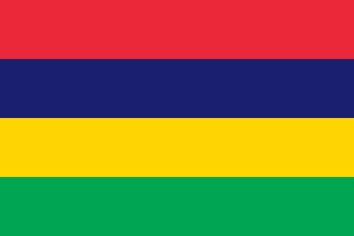Offshore
Mauritius Sharpens Competitive Edge

The island's government has unveiled measures to boost its standing as an IFC.
Mauritius has unveiled steps to boost its status as an
international financial centre, including creating an umbrella
licence for wealth management providers and a tax regime to
encourage real estate investment trusts.
The island’s prime minister, Hon Pravind Kumar Jugnauth,
delivered a 2019/2020 financial year budget plan statement
earlier this week.
The country will establish a “new framework for fund
administration and fund management"; revamp the existing Special
Purpose Fund regime to make it easier to enter new markets, and
make a pact with the Gujarat International Tech-City hub to
recognise Mauritian licensed funds and management companies as
qualified to operate in the Gujarat jurisdiction as
well.
A former British colony and sitting off the East African coast,
the island is a link between Africa and Asia. Practitioners have
told this publication that the country is a useful domicile for
funds and other structures enabling investment in Africa, as well
as other parts of the world, for example. There have been a
number of Mauritius-based hires in the private client wealth
management arena.
Last year SANNE, the provider of alternative fund asset and
corporate funds services, recruited a Mauritius country head. In
the M&A arena, as reported in 2017, Switzerland-based Summit
Trust bought the 61.4 per cent stake in the trust business that
was previously owned by Sanlam, the South Africa-based wealth
management and financial services group. (See an interview with
Geneva
Management Group
here.)
New rules
Plans by the Mauritius government include “new rules and an
attractive tax regime to promote the development of real estate
investment trusts”, the minister said, and an “umbrella licence”
for “wealth management activities”.
The government also intends to establish a new trading platform
at the island’s stock exchange to allow medium-sized enterprises
that don’t qualify on the official and DEM markets to raise
capital and trade shares. It also plans to set up a “single
window system” at the regulator to allow for submission of
documents for financial services and global business
applications.
On the compliance side, the minister said that Mauritius will set
up a Financial Crime Commission to co-ordinate and lead the fight
against financial crime, undertake drug investigations, as well
as craft policies to handle cyber-risks.
The island’s government has approved a passport regime, which
requires an investment into the sovereign fund and a citizenship
regime. This puts it in a similar arena as Portugal, Spain,
Malta, the UK, the US and other nations which offer citizenship
in return for significant investments. This citizenship/residency
market is controversial, however, with some organisations such as
the European Union having recently raised concerns about
controls.